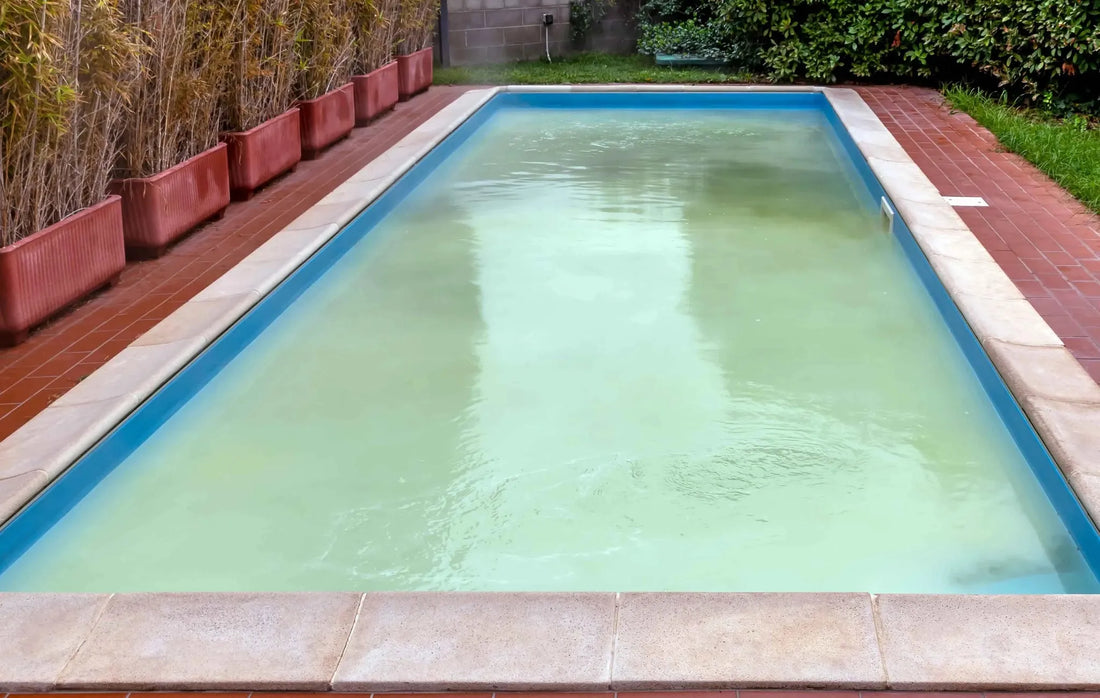Why Is My Swimming Pool Cloudy? Common Causes and Solutions
A sparkling clear pool is a delight for any swimmer, but sometimes, despite your best efforts, your pool water can become cloudy. Cloudy pool water not only looks unappealing but can also indicate potential problems with water balance or filtration. Understanding the causes of cloudy water and knowing how to remedy them can help you maintain a pristine swimming environment. Here’s a detailed look at why your swimming pool might be cloudy and what you can do about it:
Improper Water Chemistry
Cause: One of the most common reasons for cloudy pool water is imbalanced water chemistry. If the pH levels are too high or too low, it can cause minerals and other substances to become suspended in the water, leading to cloudiness.
Solution: Test your pool water using a reliable water testing kit to check pH levels, alkalinity, and chlorine levels. Adjust these parameters as needed to ensure they fall within the recommended ranges: pH 7.2-7.6, alkalinity 80-120 ppm (parts per million), and free chlorine 1-3 ppm. Balancing the water chemistry often resolves cloudy water issues.
Insufficient Filtration
Cause: Inadequate filtration or a clogged filter can prevent your pool filter from effectively removing debris and particles from the water, resulting in cloudy water.
Solution: Check your pool filter regularly and clean or backwash it according to the manufacturer’s instructions. Ensure that your filter is properly sized for your pool and run it for a sufficient amount of time each day to maintain good water circulation and filtration.
Presence of Algae or Contaminants
Cause: Algae growth or the presence of contaminants such as sunscreen residue, oils, or sweat can contribute to cloudy water. These substances can create a film or cloudiness in the water if not properly addressed.
Solution: Regularly shock your pool to kill algae and oxidize contaminants. Use an algaecide if necessary and encourage swimmers to shower before entering the pool to reduce the introduction of oils and other substances.
High Calcium Hardness
Cause: High levels of calcium hardness can cause cloudiness in pool water, especially in areas with hard water.
Solution: Test your pool water for calcium hardness and adjust it to recommended levels (typically 200-400 ppm) using a calcium hardness increaser or a water softener if necessary. This helps prevent calcium from precipitating out and clouding the water.
Environmental Factors
Cause: Environmental factors such as heavy rain, wind blowing debris into the pool, or pollen can introduce particles and organic matter into the water, leading to cloudiness.
Solution: Skim the surface of your pool regularly to remove debris and use a pool brush to scrub the walls and floor. Maintain a pool cover when the pool is not in use to minimize the introduction of external contaminants.
Poor Circulation
Cause: Inadequate water circulation can result in pockets of stagnant water where debris and particles settle, contributing to cloudy water.
Solution: Ensure your pool pump and filter are correctly sized for your pool and run them for an adequate amount of time each day. Proper circulation helps distribute chemicals evenly and prevents stagnation.
Maintaining clear pool water requires attention to water chemistry, filtration, and regular maintenance. By addressing the underlying causes of cloudy water promptly and following a consistent maintenance routine, you can enjoy a clean and inviting swimming pool throughout the season.
Cloudy water doesn’t have to be a persistent problem with the right knowledge and proactive steps. By understanding why your pool water becomes cloudy and taking appropriate measures, you can ensure a refreshing and enjoyable swimming experience for yourself, your family, and your guests. Here’s to clear skies and crystal-clear pool water!


